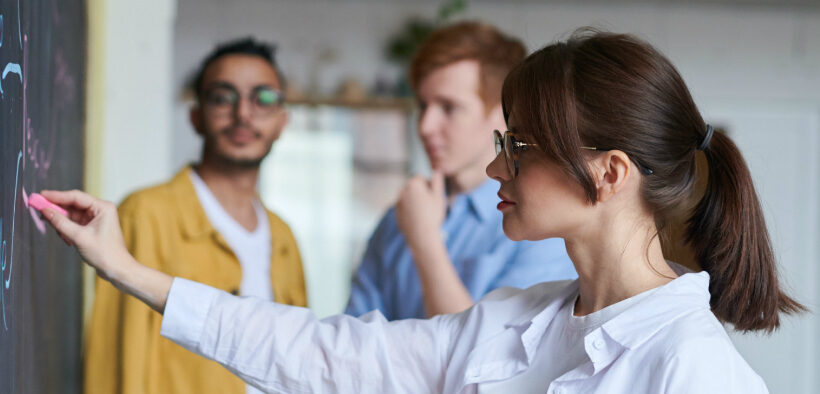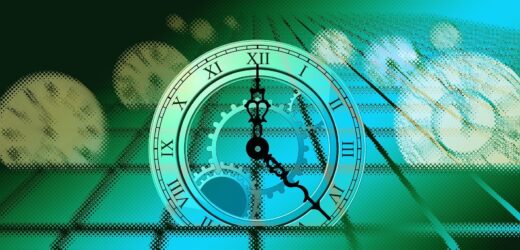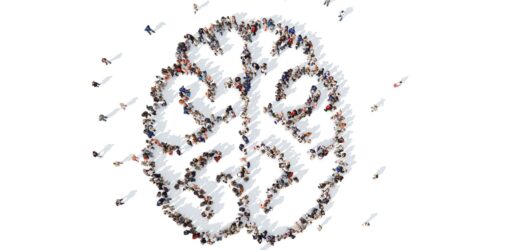Teachers can’t monitor what’s happening in multiple groups. Students, on the other hand, know exactly what’s happening in their group—who’s contributing what in the group as well as what they’re doing. From that position they can make judgments and offer peers feedback. The potential benefits of their doing so include self-assessment skill development, more engagement with group processes, and acceptance of the responsibility for learning. But empirical substantiation of those benefits is scant, with indications that feedback effects may vary depending on whether the feedback offers praise or criticism; whether it focuses on the task, group processes, or self-assessments; and whether it focuses on past actions or offers advice for the future. This study addresses one gap in the research. Does the exchange of feedback between students enhance teamwork and self-assessment abilities? The answer may offer evidence that confirms the assumed value of self- and peer assessment in the context of group work.
Does Self- and Peer Assessment Improve Learning in Groups?

Related Articles
I have two loves: teaching and learning. Although I love them for different reasons, I’ve been passionate about...
Geniuses are inherently fascinating. The notion that a lucky few have innate abilities to push the boundaries of...
Teachers focus on developing students’ conscious learning and understanding of concepts, but there is a whole other dimension...
While much of online learning occurs through discussion board conversations, it can be challenging for students to offer...
“Why does my edition of Hamlet read ‘O, that this too, too sullied flesh would melt,’” my student...
After all, nearly every large language model (LLM) is good at summarizing readings, synthesizing large amounts of data...
In 1906, Francis Galton was visiting a livestock fair when he stumbled upon an interesting contest. Local villagers...








